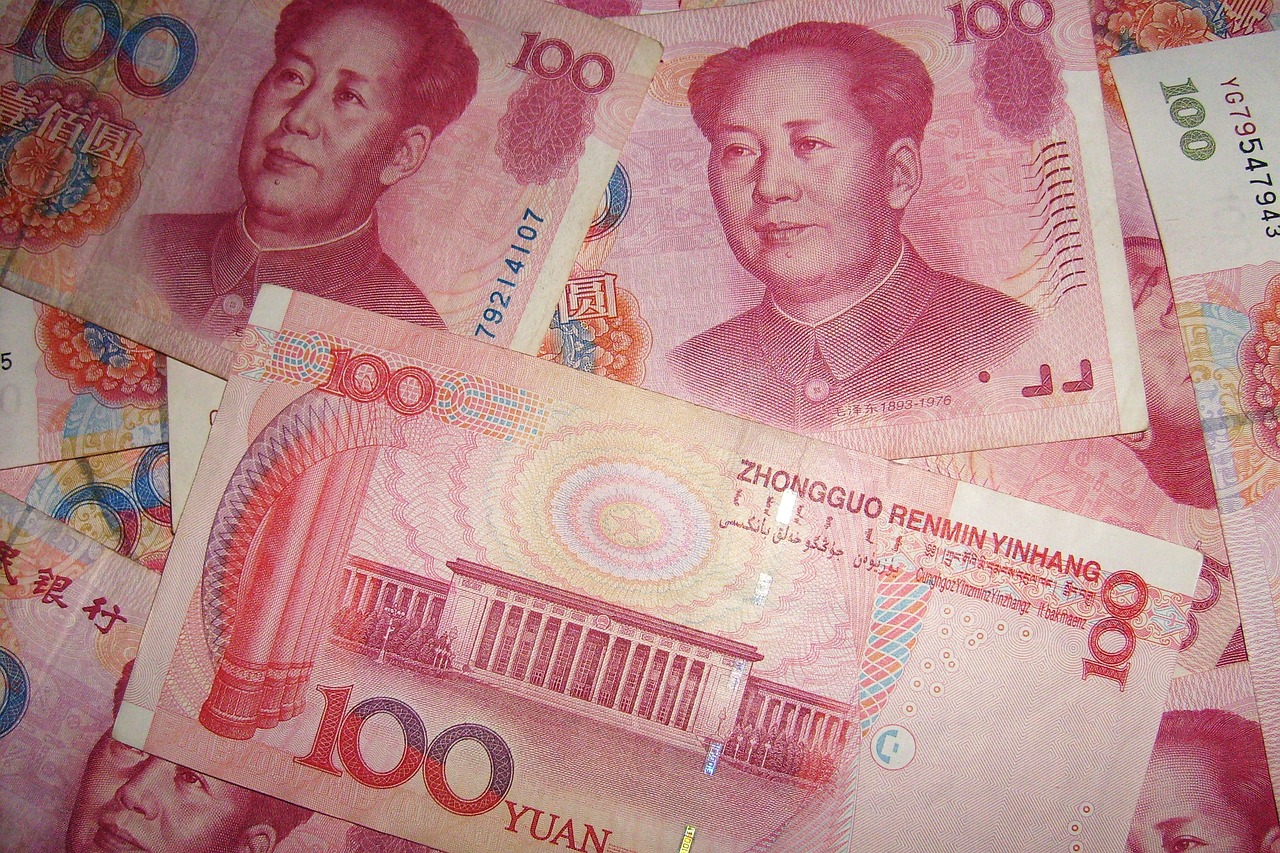Singapore Green Jet Fuel Levy on Travellers Ignites Funding Debate
Trouble for Yuan Amid Corporate Exodus from China

The departure of global corporations from China, driven by political concerns and economic uncertainties, underscores the evolving dynamics of global investment flows. As tensions persist and economic conditions remain uncertain, the yuan’s fate hangs in the balance, leaving investors and market observers closely watching how this trend shapes China’s economic and financial future.
The bedrock of China’s economic success, a decades-long influx of foreign direct investment (FDI), is showing signs of unraveling, sending shockwaves through the country’s financial landscape. Since opening its doors to international investors in 1978, China has witnessed a steady stream of global corporations investing billions to tap into its markets and low-cost labor, bolstering the strength of the yuan. However, recent data reveals a sharp downturn in FDI, with the second quarter witnessing a meager inflow of less than $4.9 billion – a worrying trend considering the record deficit of $34.1 billion in net direct investment from Chinese companies abroad.
This decline in FDI is attributed to mounting concerns over China’s political and competitive trajectory, prompting businesses to reassess their investment strategies and casting a cloud over the yuan’s future stability. The recent plunge in FDI points to a broader shift in the global investment landscape, raising concerns about the yuan’s resilience as a major pillar of support. Corporate leaders and analysts highlight that political concerns are driving long-term investment decisions, signaling a pivotal change in China’s role as a favored investment destination.
Tensions between China and Western powers, culminating in trade and investment restrictions, have fueled an air of uncertainty that has left businesses cautious about committing resources to the country. Sources hint that the Biden administration is poised to implement further outbound investment restrictions on China, a move that could deepen the economic schism between the two global powers. Amid these diplomatic and trade frictions, China’s stringent “zero-COVID” policy and regulatory crackdowns have further eroded business confidence, fostering an environment where investment decisions are fraught with uncertainty.
Market analysts and economists are scrutinizing the decline in FDI, which has historically been a stabilizing force for the yuan. The recent shift from a surplus to a deficit in FDI raises alarms about the currency’s future trajectory. Logan Wright, Director of China Markets Research at Rhodium Group, emphasizes that the current FDI deficit holds significant implications for the yuan’s value, particularly given the historical context of surplus-driven stability. The weakening of FDI is exemplified by reduced greenfield flows into new production capacities, falling from around $100 billion annually in 2010-2011 to a mere $18 billion in 2022. As the yuan’s value experiences downward pressure and Chinese businesses face increased outbound investments, a cloud of uncertainty hangs over China’s economic landscape, warranting careful consideration of future investment decisions.

